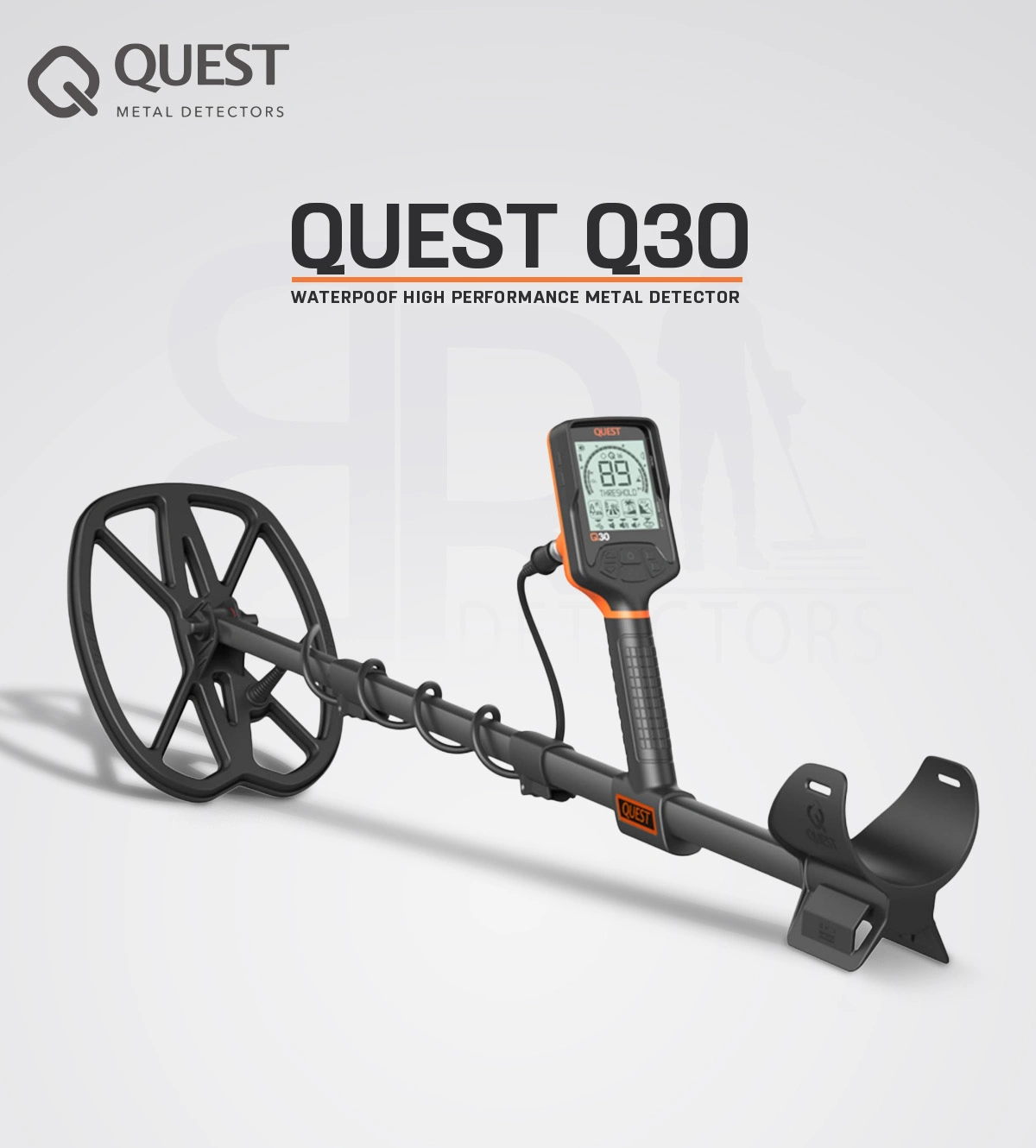Fortunate draws, or lotteries, are exciting events that capture the attention of many. Whether they are organized by businesses, charities, or governments, lucky draws can offer participants the chance to win prizes, cash, or unique experiences. However, ensuring that the event runs smoothly and ethically requires careful planning. Here are the key issues that should always be considered during a fortunate draw:
Transparency in the Process
Transparency is crucial in ensuring participants feel confident about the fairness of the draw. The process of selecting winners must be transparent and open to scrutiny. Key considerations include:
Clear Rules: The rules of participation must be clearly outlined before the event. These rules should include information about eligibility, how the draw will take place, and when winners will be announced.
Public Drawings: If possible, hold public draws where participants or witnesses can see how winners are selected.
Third-Party Verification: Engaging a third party, such as an auditing firm or legal representative, to oversee the draw can ensure impartiality and avoid conflicts of interest.
Fairness and Equal Opportunity
Every participant should have an equal opportunity to win. Any sense of favoritism or bias can damage the reputation of the event organizers. Important points to keep in mind include:
No Discrimination: All eligible participants should be given an equal chance of winning, without any bias based on race, gender, nationality, or other discriminatory factors.
Equal Ticket Distribution: Ensure that each participant receives the correct number of tickets or entries as per the rules. Avoid selling or giving out more tickets than what was initially stated.
Legal Compliance
Every fortunate draw must comply with local, regional, or national laws governing lotteries, gambling, and prize distribution. Failure to follow legal requirements can lead to serious consequences for the organizers. Critical factors to consider include:
Permits and Licenses: In some jurisdictions, organizing a fortunate draw requires special permits or licenses. Make sure you have all the necessary legal documents in place before launching the event.
Tax Implications: Winners may be subject to taxes on their prizes, and organizers may be required to report winnings to tax authorities. Ensure that both parties are aware of their tax obligations.
Age Restrictions: Many jurisdictions require participants in a lottery or draw to be of a certain age, typically 18 or older. It’s essential to verify the ages of participants to avoid legal issues.
Ethical Considerations
Beyond legal compliance, ethical concerns are just as important. Ethical considerations help maintain the trust and integrity of the event. Important issues to keep in mind include:
Honesty and Integrity: The event must be conducted with honesty. Misleading participants with false claims about prizes or the chances of winning can damage the reputation of the organizers.
Avoiding Exploitation: Ensure that the fortunate draw does not exploit vulnerable individuals, such as those with gambling addictions, or use unethical marketing tactics to increase participation.
Security and Fraud Prevention

Fortunate draws can sometimes attract fraudulent behavior, such as ticket tampering or identity theft. Organizers must implement safeguards to protect the integrity of the event and the personal information of participants. Key considerations include:
Secure Ticketing System: Use a robust ticketing system that tracks every entry, ensures only eligible participants are entered, and prevents the creation of fake or duplicate tickets.
Data Privacy: Ensure that participants’ personal information is protected and not shared with third parties without their consent.
Prize Distribution and Management
Managing and distributing prizes is an essential aspect of a successful fortunate draw. It’s important that winners receive their prizes in a timely and organized manner. Key aspects of prize management include:
Prize Availability: Ensure that all prizes are available and ready for distribution before the draw takes place. Promising prizes that are not yet secured can damage trust.
Notification of Winners: Winners should be notified clearly and promptly. If the winner does not respond within a given timeframe, backup winners should be prepared to receive the prize.
Prize Conditions: Some prizes come with specific conditions, such as travel vouchers that expire or cash prizes that are subject to tax deductions. Make sure participants are aware of these conditions beforehand.
Contingency Planning
Unexpected issues can arise during a fortunate draw, such as technical glitches or unclaimed prizes. It’s important to have contingency plans in place to address these problems. Consider the following:
Backup Winners: Have a system for selecting backup winners if the original winner cannot be reached or does not claim their prize within the set timeframe.
Technical Backup: If the draw is being conducted digitally, ensure that there is a backup in case of technical failures, such as server crashes or software errors.
Marketing and Promotion
Marketing plays a significant role in the success of a fortunate draw. However, the promotional materials should always align with the event’s ethical and legal considerations. Important points include:
Clear and Accurate Advertising: Promotional materials must accurately represent the prizes, the rules of the draw, and the chances of winning. Avoid exaggeration or misleading claims.
Target Audience: Ensure that the marketing efforts are directed toward an appropriate audience. For example, avoid promoting the event to minors if they are not allowed to participate.
Feedback and Post-Event Evaluation
After the fortunate draw, organizers should gather feedback from participants and evaluate the event’s success. This step helps identify areas of improvement for future events. Consider the following:
Participant Feedback: Surveys and feedback forms can provide valuable insights into the participant experience, highlighting areas for improvement in future draws.
Internal Review: Conduct a review of the draw process internally, assessing what worked well and what could be improved. This includes reviewing the transparency of the process, the fairness of ticket distribution, and the effectiveness of fraud prevention measures.
Organizing a fortunate draw requires careful consideration of multiple issues, including transparency, fairness, legal compliance, and ethics. By addressing these key points, organizers can create a fair, trustworthy, and successful event that benefits both participants and the organization. Maintaining high standards in each aspect of the draw will not only ensure legal compliance but also enhance the reputation and trustworthiness of future events.



